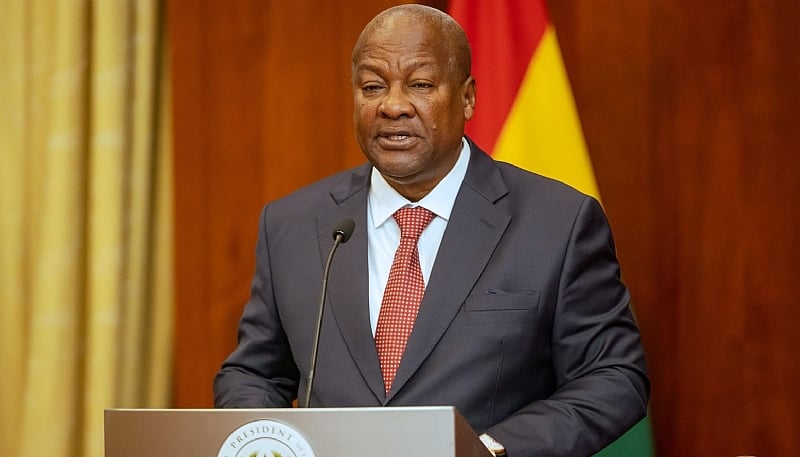President John Dramani Mahama has raised the alarm over the growing tensions between Israel and Iran, warning that the escalating missile attacks are driving up global crude oil prices and could destabilize Ghana’s fuel economy.
During his ‘Thank-You Tour’ of the Savannah Region on Saturday, June 14, the President said the ripple effects of international conflict were already beginning to put pressure on oil markets — with potential consequences for Ghana’s recovery efforts.
“Today, I wish to reaffirm that our commitment to the people of the Savannah Region will never shake. Despite the progress we’ve made in stabilising the economy, Ghana is not immune to the shocks of global events,” he said.
In response to the emerging threat, President Mahama revealed that he has tasked the Ministers of Finance and Energy to remain on high alert and model how the situation could impact domestic petroleum pricing.
“I have instructed the Ministers of Finance and Energy to keep a close eye on the developments and model the possible impact on our petroleum prices. They must prepare appropriate measures to safeguard the gains we’ve made,” he added.
At the same event, the President unveiled plans for a new public university to be built in the Savannah Region, aligning with the NDC’s broader agenda to boost higher education in Ghana’s six newest regions.
“I’m proud to announce that, in line with the NDC’s 2024 manifesto to establish a public university in each of the six new regions, a public university will be built right here in the Savannah Region,” he stated.
President Mahama explained that the university will play a vital role in advancing the government’s flagship Feed Ghana programme, which aims to reposition agriculture as a key pillar of job creation and economic growth.
“This university will not only be symbolic; it will be functional, targeted, and grounded in our national agenda for skills-driven development,” Mahama said.
“This university will train the human resources to drive our Feed Ghana programme and help deliver an agriculture-for-economic-transformation agenda,” he added.


